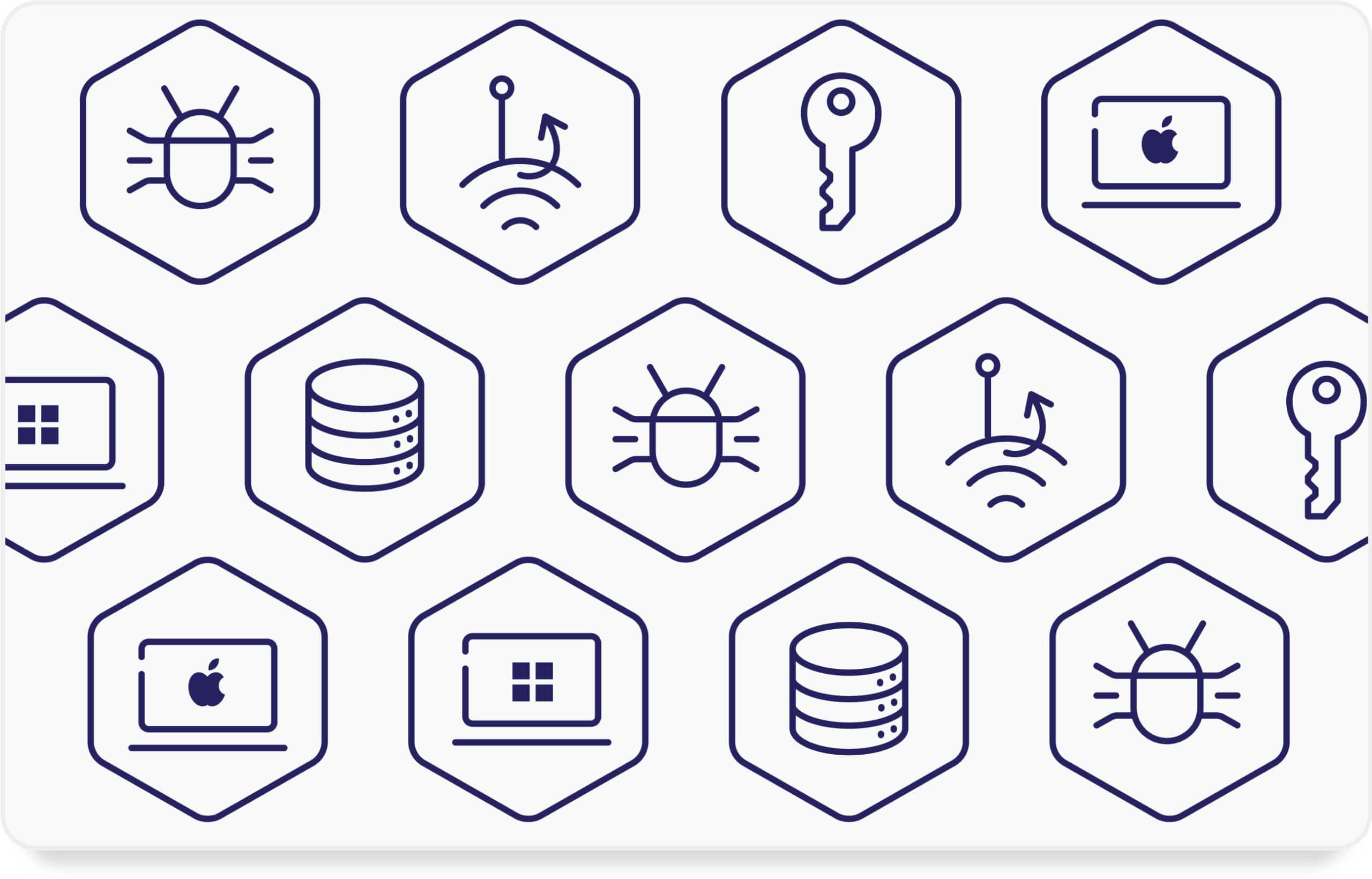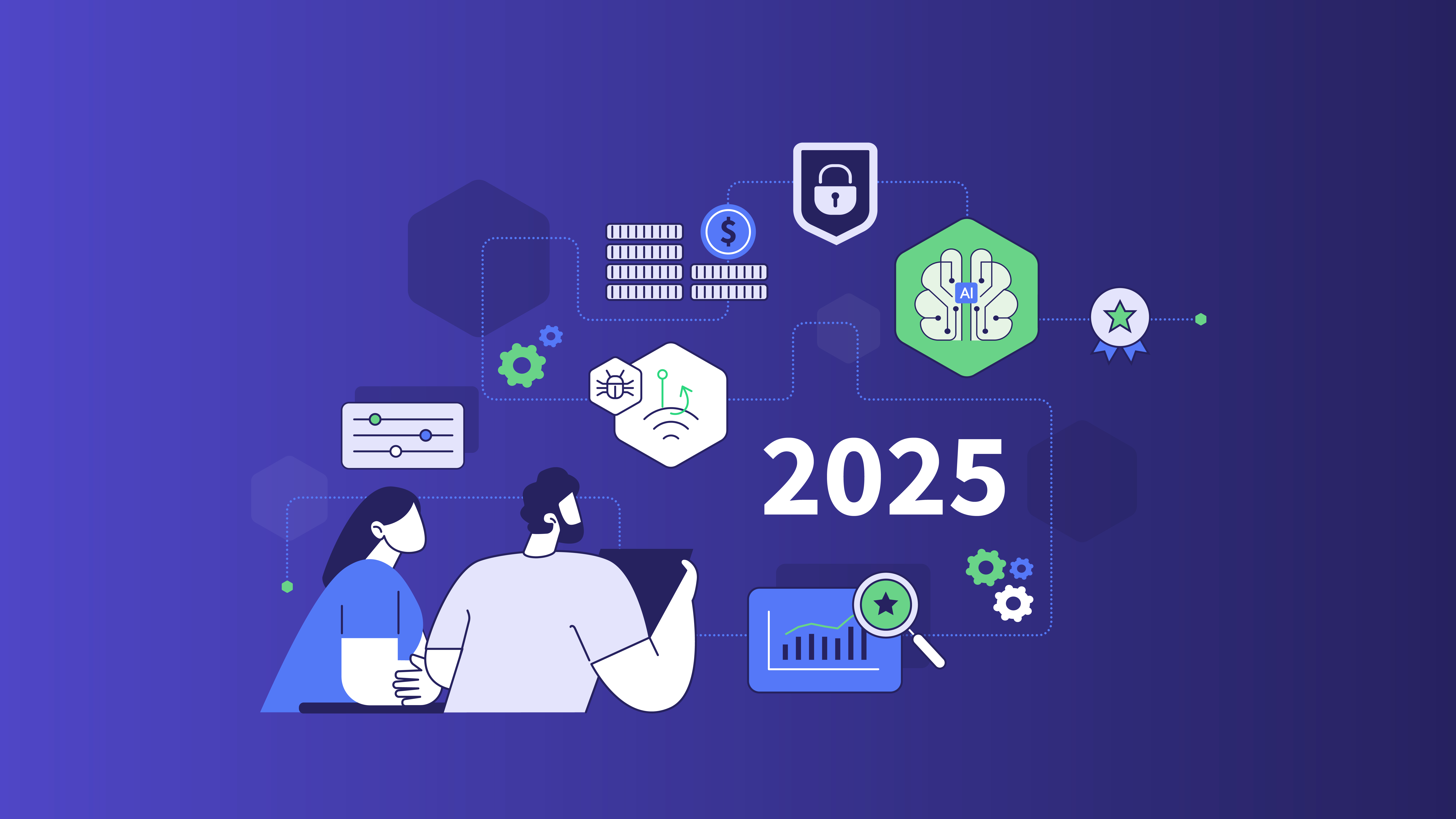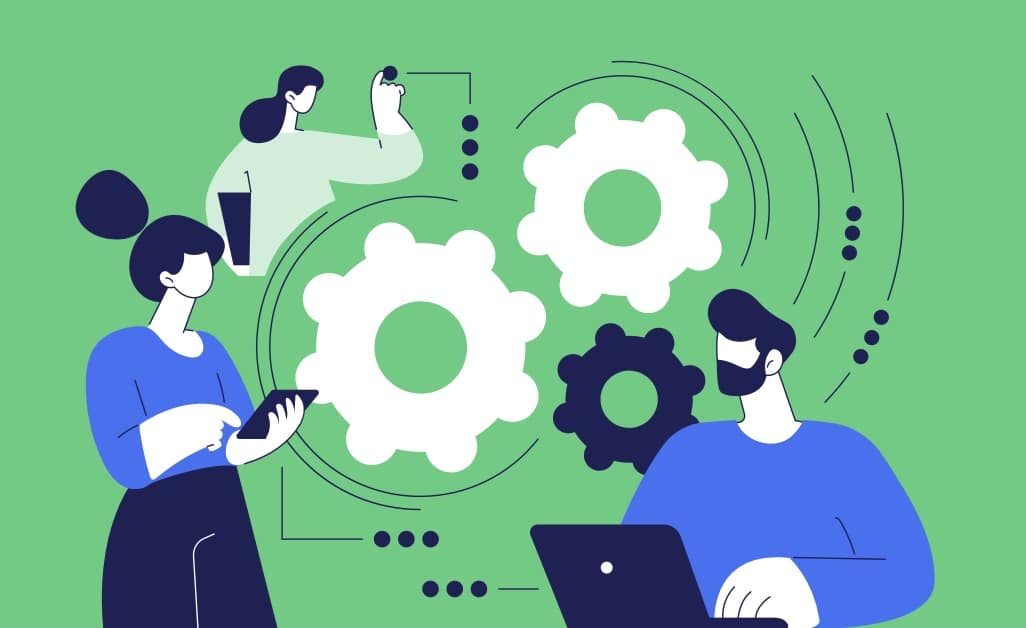An antivirus is a type of software designed to detect, prevent, and remove malware (or malicious programs that can have various purposes, including stealing sensitive information, disrupting computer operations, or gaining unauthorized access) from a computer or network. Malware includes various types of harmful software such as viruses, worms, trojan horses, spyware, adware, and ransomware.
How Malware Protection Works
The way antivirus protection or malware protection works is by employing various techniques, including but not restricted to:
- Signature-based detection: Antivirus programs maintain a database of known malware signatures (or unique characteristics or patterns that help identify specific strains of malware). Every time the antivirus scans a file, it compares its signature with those in its database to determine if it is malicious.
- Heuristic-based detection: Instead of relying on known signatures, heuristics analyze the behavior of programs to identify suspicious activities. In other words, the method involves identifying potential malware based on certain characteristics that are indicative of malicious intent.
- Behavioral-based detection: Some antivirus solutions monitor the behavior of programs in real time. Then, if a program exhibits behavior consistent with malware (for example, it attempts to modify critical system files or replicate itself), the antivirus program can intervene and quarantine the suspicious activity.
- Cloud-based detection: Some antivirus solutions leverage cloud resources to enhance detection capabilities. When a file is scanned, information about it is sent to the cloud for analysis, and the antivirus can then make a more informed decision based on a broader database of threats.
Forms/Types of Antivirus Software
Because antivirus software is designed to provide protection against various malicious threats, it’s no surprise it comes in different forms and types. For example:
- Traditional antivirus software: These are standalone programs focusing solely on detecting and removing malware. The best antivirus software of this kind typically uses a combination of signature-based detection, heuristics, and behavioral analysis to identify threats.
- Cloud-based antivirus: Some solutions leverage cloud-based technologies for real-time threat detection and analysis (so they send data to the cloud for analysis to access a larger and more up-to-date threat intelligence network and system resources).
- Endpoint protection: Designed for business environments, endpoint protection solutions offer security for multiple devices connected to a network. For instance, they may include antivirus capabilities, firewalls, device control, and other features to secure endpoints like computers, smartphones, and servers.
- Specialized antivirus tools: Some paid and free antivirus software is designed for specific purposes (such as providing phishing protection, ransomware protection, internet security protection, and more), or providing targeted aid for certain types of threats.
You can think of antivirus as your computer’s immune system. It’s sort of like having a superhero inside your computer or device, constantly scanning for malicious actors and stopping them from causing trouble. Or you can see it, to, as a detective for your computer. One that investigates every file that wants to come in, checking for any suspicious behavior or matching it against a list of known troublemakers.
Why Should Businesses Care About Antivirus?
For mid-sized businesses, antivirus is crucial for safeguarding against digital threats that could jeopardize sensitive information, disrupt operations, and damage the company’s reputation. Unlike large enterprises with dedicated IT departments, mid-sized businesses may have fewer resources to manage complex cybersecurity challenges. So, let’s look at these in some more detail.
Reason #1: Protection Against Data Breaches
SMBs often handle sensitive customer information, financial data, and proprietary company details. Antivirus software acts as a crucial defense mechanism, providing identity theft monitoring and preventing unauthorized access and protecting against data breaches that could lead to severe legal, financial, and reputational consequences.
Reason #2: Business Continuity
Disruptions to business operations can have a dramatic impact. Antivirus solutions help maintain business continuity by preventing malware and ransomware attacks that could cripple systems or lead to data loss.
Reason #3: Financial Safeguarding
Recovering from a cyberattack can be financially crippling for small and medium businesses. Antivirus software serves as a cost-effective insurance policy, helping businesses avoid the expenses associated with data recovery, legal liabilities, and potential regulatory fines that may result from a security breach.
Related Systems or Technologies
Several related systems and technologies work in conjunction with antivirus software to provide comprehensive cybersecurity. Effective cybersecurity often involves a combination of these technologies, forming a layered defense strategy.
Some key ones include:
- Firewalls: Programs designed to monitor and control incoming and outgoing network traffic based on predetermined security rules. They act as a barrier.
- Intrusion Detection Systems (IDS) and Intrusion Prevention Systems (IPS): IDS and IPS monitor network or system activities for malicious actions or security policy violations.
- Endpoint Detection and Response (EDR): EDR solutions focus on monitoring and responding to advanced threats at the endpoint level (individual devices such as computers or servers).
- Secure Web Gateways (SWGs): SWGs filter and monitor web traffic to protect against malicious websites, phishing attempts, and other online threats.
- Encryption technologies: Encryption is used to secure sensitive data by converting it into a coded format that can only be deciphered by authorized parties.
Antivirus also plays a significant role in various cybersecurity frameworks and concepts, contributing to the effectiveness of principles such as the MITRE ATT&CK framework, least privilege, and zero trust.
For example, the MITRE ATT&CK framework is a knowledge base that describes the actions and tactics employed by cyber adversaries during different stages of the cyber kill chain. Antivirus aligns with this framework by focusing on the identification and prevention of specific techniques, tactics, and procedures (TTPs). The principle of least privilege, which emphasizes restricting users and systems to the minimum level of access necessary to perform their tasks, is also supported by antivirus software as the latter acts as a defense layer.
Antivirus Regulations and Compliance
There are several industry regulations and compliance standards that mandate specific requirements for how companies handle antivirus protection and cybersecurity in general. For instance:
- General Data Protection Regulation (GDPR): GDPR is a European Union regulation that governs the protection of personal data. While it doesn’t explicitly mandate the use of antivirus software, it requires organizations to implement appropriate security measures to protect personal data from unauthorized access, disclosure, alteration, and destruction.
- Payment Card Industry Data Security Standard (PCI DSS): PCI DSS applies to organizations that handle credit card transactions. Requirement 5 of PCI DSS specifically focuses on protecting systems against malware. This includes the use of antivirus software and ensuring that it is regularly updated, configured properly, and capable of detecting and preventing known types of malicious software.
- Health Insurance Portability and Accountability Act (HIPAA): HIPAA regulates the protection of health information in the United States. It also mandates the implementation of security measures to safeguard electronic protected health information (ePHI).
- ISO/IEC 27001: ISO/IEC 27001 is an international standard for information security management systems. While it doesn’t prescribe specific antivirus solutions, it emphasizes the need for organizations to assess and manage information security risks, too. Antivirus software is typically part of these broader security controls.









